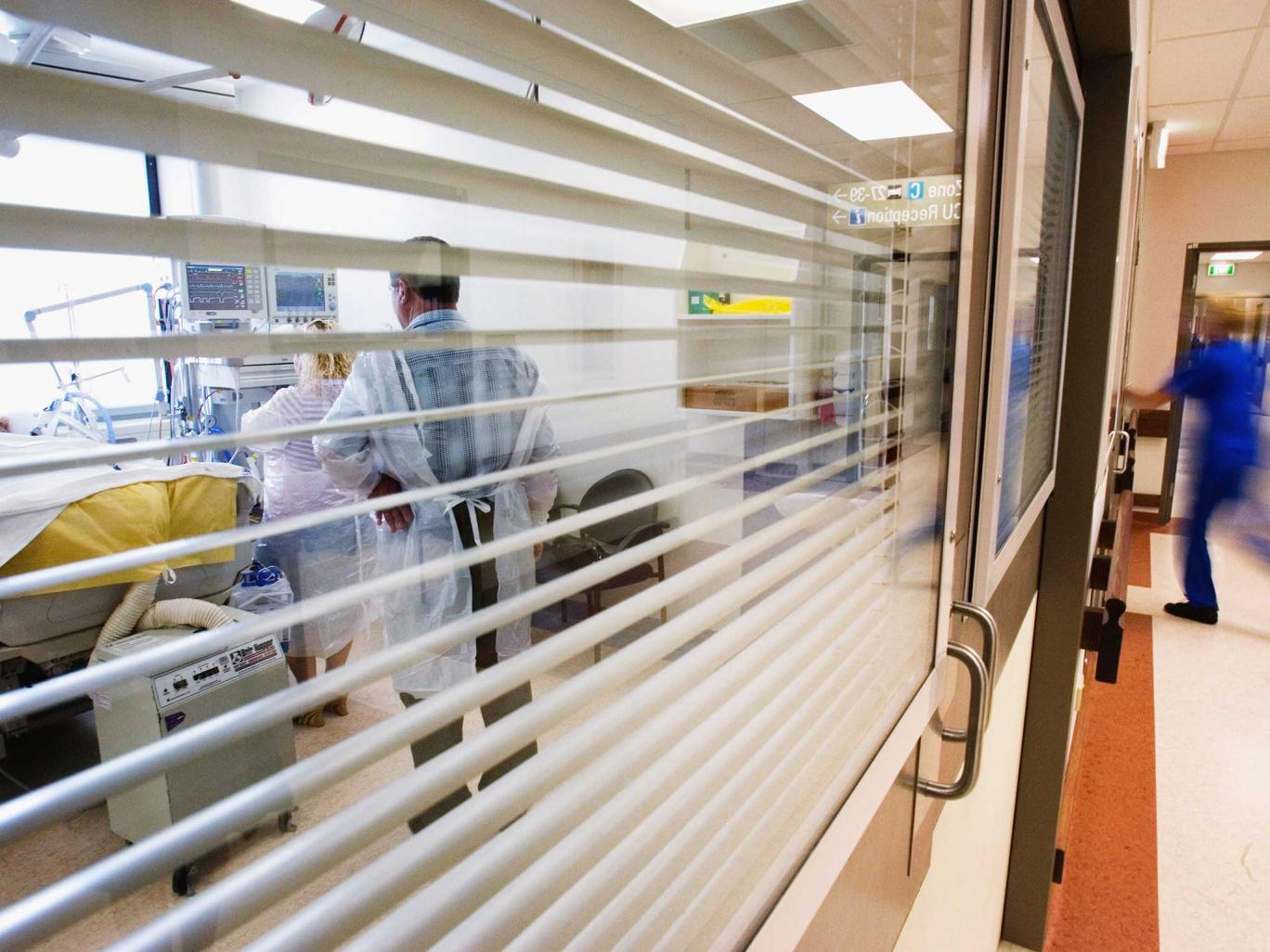Woman dies after life support power supply runs out of batteries
Jacqueline Scott died after her ventilator stopped working and the nurses didn't recognise the sound of the alarms, an inquest has heard

Your support helps us to tell the story
From reproductive rights to climate change to Big Tech, The Independent is on the ground when the story is developing. Whether it's investigating the financials of Elon Musk's pro-Trump PAC or producing our latest documentary, 'The A Word', which shines a light on the American women fighting for reproductive rights, we know how important it is to parse out the facts from the messaging.
At such a critical moment in US history, we need reporters on the ground. Your donation allows us to keep sending journalists to speak to both sides of the story.
The Independent is trusted by Americans across the entire political spectrum. And unlike many other quality news outlets, we choose not to lock Americans out of our reporting and analysis with paywalls. We believe quality journalism should be available to everyone, paid for by those who can afford it.
Your support makes all the difference.A woman died after the power supply for her life support machine went off and then ran out of batteries, an inquest has heard.
Jacqueline Scott died after the ventilator keeping her breathing shut down - despite several loud alarms warning staff the power supply was failing.
A jury inquest at the Royal Courts of Justice in London heard that despite the alarm sounding, a nurse did not recognise the sound because no ventilator had ever run out of power before.
The 55-year-old died later the same day at St George’s Hospital in Tooting in south west London in March 2015.
Ms Scott was on a ventilator plugged into a wall socket but the circuit blew - meaning it was running on batteries which eventually ran out, ITV News reports.
Her call bell was also faulty at some point, the inquest heard.
Dr Renate Wendler, who led the investigation into Ms Scott’s death, told the jury of six men and three women that she "found evidence of good practice and care."
She said the delay in calling for help did not have “anything to do with the outcome of Ms Scott’s case” and it was “not realistic” to expect nurses to know the power had been disrupted.
Dr Wendler said they had studied the design of the machine and found it was “not intuitive”.
Ms Scott’s son told the inquest they "appreciated" everyone who had contributed to his mother’s care and he said the family was "really grateful" for all their effort.
The jurdy returned a verdict of natural death.
The hospital has since ensured all nurses are given formal training on how to use the equipment and the alarms which sound when it’s power supply is disrupted.
Join our commenting forum
Join thought-provoking conversations, follow other Independent readers and see their replies
Comments